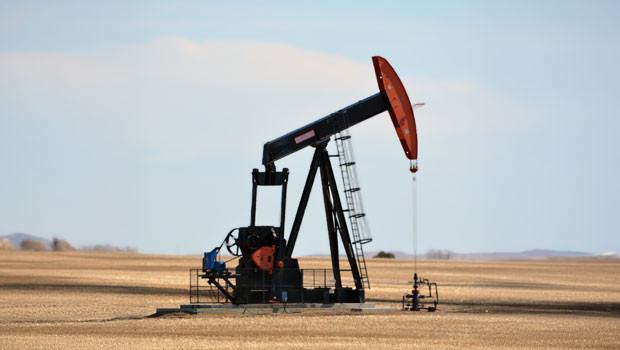
Source: Sharecast
The Organisation of the Petroleum Exporting Countries (OPEC) forecast world oil demand would increase by 1.38 million barrels per day (bpd) in 2026, up 100,000 bpd from the previous forecast.
"Economic data at the start of the second half of 2025 further confirm the resilience of global growth, despite persistent uncertainties related to US-centred trade tensions and broader geopolitical risks," OPEC said in the report.
“While the US and the eurozone maintained their recovery trend in 1H25, India, China, and Brazil have outperformed expectations so far. The recent upward revisions in several key economies – particularly in the US, the Eurozone, and China – lifted the global economic growth forecast for 2025 slightly up to 3.0%.”
“The global economic growth forecast for 2026 remains unchanged at 3.1%. While several trade negotiations have concluded in recent months, trade relations between the US and a number of its key partners remain a source of uncertainty and will require continued monitoring.”
Oil supply from states outside the OPEC group, such as Brazil, the US, Canada and Argentina, was expected to rise by 630,000 bpd in 2026, OPEC said.
Reporting by Frank Prenesti for Sharecast.com